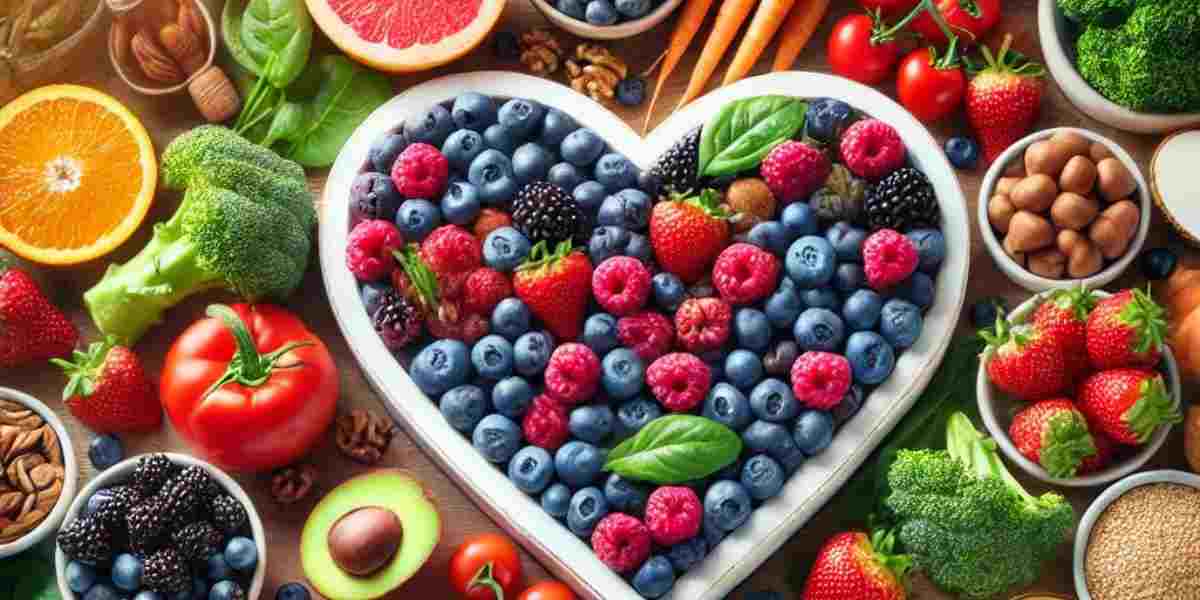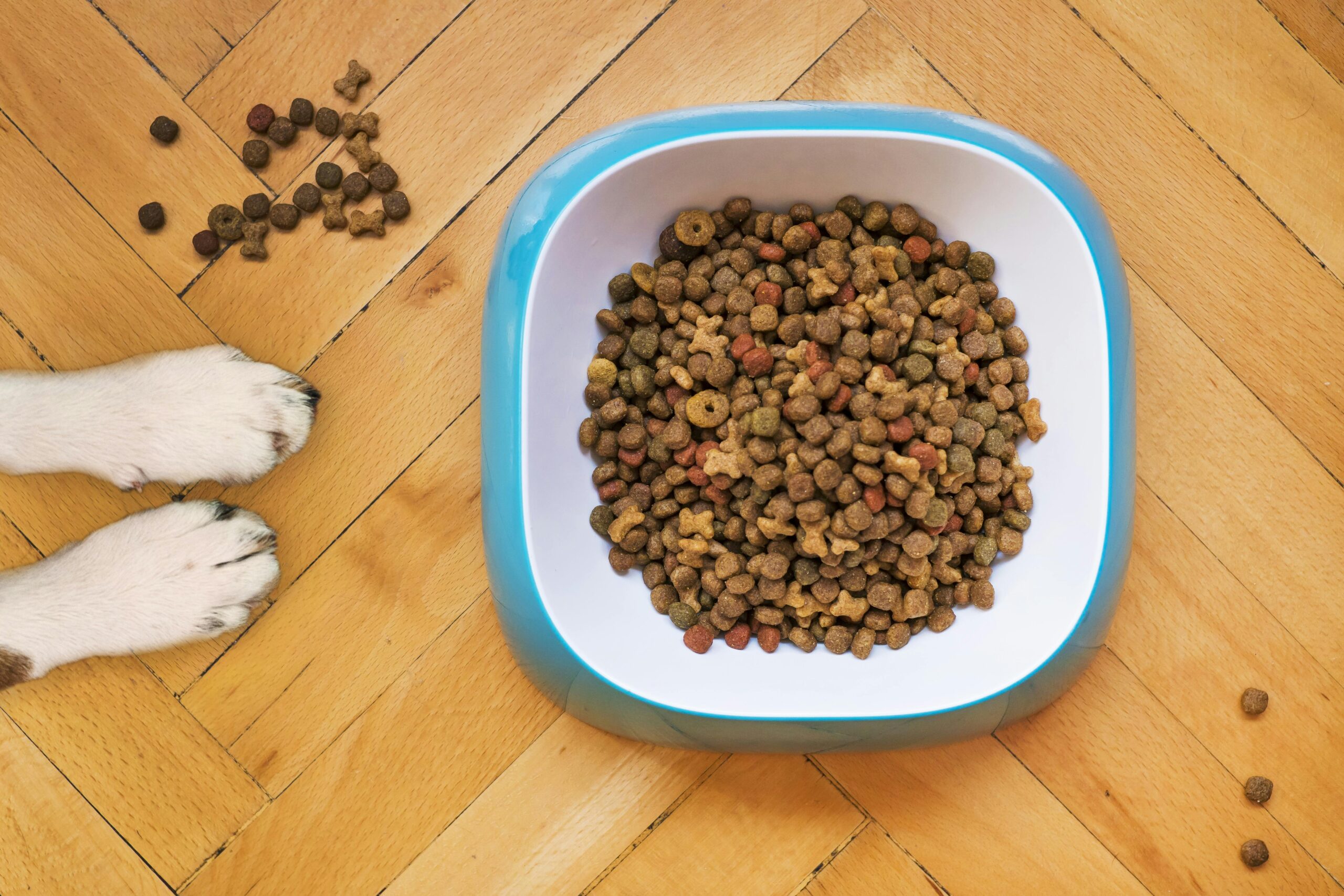25 Best Heart-Healthy Foods for a Stronger Heart: A healthy heart isn’t just about exercise; it’s also about what you put on your plate. With heart disease remaining the leading cause of death in the U.S. (CDC), shifting to a heart-healthy diet is more than a trend—it’s essential. This guide dives deep into the most effective heart-healthy foods, their benefits, and how to incorporate them into your daily meals.
Why Heart-Healthy Foods Matter
The right foods can lower cholesterol, reduce blood pressure, and minimize inflammation—all major risk factors for heart disease. Nutrient-dense, minimally processed foods support cardiovascular health by providing fiber, healthy fats, antioxidants, and essential vitamins and minerals.
25 Heart-Healthy Foods Backed by Science
1. Oats
Rich in beta-glucan, oats can help lower LDL (“bad”) cholesterol levels. Start your day with oatmeal for an easy heart-health boost.
Also Read
2. Salmon
Packed with omega-3 fatty acids, salmon reduces inflammation and supports healthy cholesterol levels.
3. Avocados
Loaded with monounsaturated fats and potassium, avocados can help reduce blood pressure and improve cholesterol profiles.
4. Blueberries
Blueberries are rich in antioxidants, particularly anthocyanins, which are linked to reduced risk of heart attack (Harvard Health).
5. Walnuts
Walnuts are an excellent source of omega-3s and fiber, which contribute to lower blood pressure and reduced inflammation.
6. Dark Chocolate (70%+ cacao)
In moderation, dark chocolate can improve endothelial function and reduce blood pressure.
7. Spinach
High in nitrates, folate, and antioxidants, spinach helps regulate blood pressure and arterial function.
8. Tomatoes
Rich in lycopene, tomatoes help reduce LDL oxidation and inflammation.
9. Almonds
Almonds provide healthy fats, fiber, and vitamin E—all important for a strong cardiovascular system.
10. Olive Oil
Extra virgin olive oil is a core component of the Mediterranean diet and helps reduce blood pressure and inflammation.
11. Flaxseeds
These seeds are high in omega-3s and lignans, which may reduce cholesterol and blood pressure.
12. Garlic
Garlic contains allicin, which may reduce blood pressure and improve arterial health.
13. Green Tea
Loaded with polyphenols and catechins, green tea has been shown to lower cholesterol and improve artery function.
14. Legumes (Beans, Lentils, Chickpeas)
High in fiber and plant protein, legumes help control blood sugar and cholesterol.
15. Apples
The pectin in apples can help block cholesterol absorption and support heart health.
16. Broccoli
Cruciferous vegetables like broccoli help lower cholesterol and provide heart-healthy antioxidants.
17. Sweet Potatoes
A great source of potassium and fiber, sweet potatoes help manage blood pressure.
18. Edamame
Soy protein can reduce LDL levels, and edamame is a tasty way to include it.
19. Chia Seeds
Tiny but powerful, chia seeds offer omega-3s, fiber, and protein.
20. Beets
Beets are high in nitrates, which help lower blood pressure and improve blood flow.
21. Quinoa
This whole grain provides plant-based protein and fiber to support cholesterol and blood sugar balance.
22. Berries (Strawberries, Raspberries)
These are rich in antioxidants and fiber, lowering inflammation and improving blood vessel function.
23. Oranges
High in vitamin C, fiber, and potassium, oranges support blood vessel health.
24. Dark Leafy Greens (Kale, Swiss Chard)
These greens are nutrient powerhouses rich in magnesium, potassium, and antioxidants.
25. Tofu
A heart-healthy protein alternative rich in isoflavones and low in saturated fat.
Heart-Healthy Breakfast Foods
Kickstarting your day with the right choices sets the tone. Here are my smart picks:
- Oatmeal with berries and chia seeds
- Whole-grain toast with avocado and a poached egg
- Smoothies with spinach, blueberries, flaxseeds, and almond milk
- Greek yogurt with walnuts and sliced banana
- Tofu scramble with veggies and whole-grain toast
These combinations provide fiber, healthy fats, and protein—key nutrients to protect your heart.
Healthy Foods for Heart: Meal Planning Tips
- Prioritize Whole Foods: Stick with ingredients that have minimal processing.
- Balance Macronutrients: Aim for a balance of healthy fats, complex carbs, and lean proteins.
- Watch the Salt: Excess sodium raises blood pressure. Opt for herbs, spices, lemon juice, and vinegar instead.
- Choose Good Fats: Use olive oil, nuts, seeds, and avocados. Limit saturated and trans fats.
- Stay Hydrated: Water supports overall cardiovascular function.
FAQ
What are heart-healthy foods?
Heart-healthy foods are those that help reduce the risk of cardiovascular disease. They are generally high in fiber, healthy fats, antioxidants, and nutrients, and low in sodium, added sugars, and trans fats.
Is peanut butter a heart-healthy food?
Yes, in moderation. Natural peanut butter (without added sugar or hydrogenated oils) provides healthy fats and protein. It’s best when eaten as part of a balanced diet.
Is shrimp a heart-healthy food?
Shrimp can be part of a heart-healthy diet when eaten in moderation. Though high in cholesterol, it’s low in saturated fat. Choose grilled or steamed preparations and avoid breading or frying.
Are bananas a heart-healthy food?
Absolutely. Bananas are high in potassium, which helps control blood pressure and supports overall cardiovascular health.
Is hummus a heart-healthy food?
Yes. Hummus, made from chickpeas and olive oil, offers plant-based protein, fiber, and healthy fats, making it a smart snack or meal component.
Conclusion
Eating for your heart doesn’t mean sacrificing flavor or satisfaction. By incorporating these heart-healthy foods into your meals, you can enjoy great-tasting dishes while protecting your most vital organ. Focus on whole, nutrient-rich ingredients and be mindful of food preparation. Over time, these tiny changes lead to big benefits for your heart.









